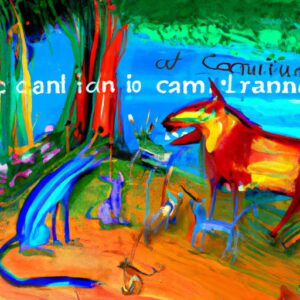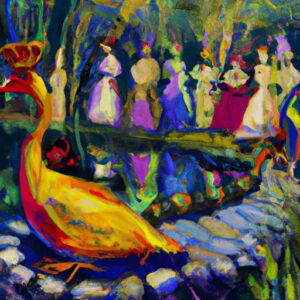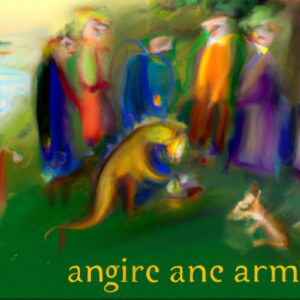How to express the future in the past in Italian
For expressing the Future in the past in Italian, we use the past conditional (condizionale passato). In general, it’s used for describing situations and events considered as potential or subordinated to a condition such as a desire, a personal opinion, a piece of advice, or a doubt, and commenting on or communicating news.
Along with the present conditional (condizionale presente), they create the conditional mood. And this is important because to create the past conditional you need to know the present conditional.
The structure of the future in the past is: Present conditional of the auxiliary verbs (essere/avere) + past participle of the verb.
Here you can find a reminder of what is the past participle.
Italian past conditional examples
Now let’s look at some examples to understand how it’s created. The first one is an example of how to express a desire using the Past conditional.
Quando sono stata alla festa, mi sarebbe piaciuto fare foto ma non avevo il cellulare.
When I was at the party, I would have loved to take pictures, but I did not have my phone.
Here is a personal opinion example:
Peccato che quel evento sia cancellato. Sarebbe stato interessante.
I’m sorry that the event got canceled. It would have been interesting.
This is an example of how to express advice:
Non avresti dovuto lasciarla andare!
You shouldn’t have let her go!
Let’s have a look at a doubt example:
Cosa avrei potuto fare per fermargli?
What could have I done for stopping them?
Here we have a news example:
Il bambino sarebbe stato avvistato al confine con la Spagna.
The kid would have been seen at the Spanish border.
And, at last but not least, let’s have a look at a Future in the past example:
Mi ha detto che avrebbe fatto presto.
He told me he would’ve been early.
Past conditional with avere
It’s time to learn the conjugation of the past conditional with the auxiliary verb avere:
- Io avrei comprato – I would have bought
- Tu avresti comprato – You would have bought
- Lui/Lei avrebbe comprato – He/She would have bought
- Noi avremmo comprato – We would have bought
- Voi avreste comprato – You would have bought
- Loro avrebbero comprato – They would have bought
Past conditional with essere
Here’s the conjugation with the auxiliary verb essere. Make sure you pay attention to how the verb agrees with the subject in terms of gender (feminine or masculine) and number (plural or singular) at the end of each past participle: venuto/venuta/venuti/venute):
- Io sarei venuto/a – I would have come
- Tu saresti venuto/a – You would have come
- Lui/Lei sarebbe venuto/a – He/She would have come
- Noi saremmo venuti/e – We would have come
- Voi sareste venuti/e – You would have come
- Lorosarebbero venuti/e -They would have come
Practice with Quizlet
Here's a set of flashcards and quizzes to practice this grammar topic.Practice makes perfect
In this lesson, we’ve learned how to create and use the past conditional for expressing desires, personal opinions, advice, doubt, and news in addition to the future in the past.
We’ve analyzed how to use the past conditional with essere and with avere and now it’s time for you to practice by writing other examples. If you have any questions or doubts, don’t hesitate to ask them in the comments, we’ll solve every one of your doubts.
If you feel like reviewing Italian verbs’ generalities, refreshing all conjugations, and learning some tips and tricks, don’t forget to read the correspondent grammar lesson about how to learn Italian verbs.










2 Responses
Perché non usiamo congiuntivo dopo di verbo sperare?
Va bene anche il congiuntivo.
Questa lezione è sul condizionale passato per esprimere il futuro nel passato.